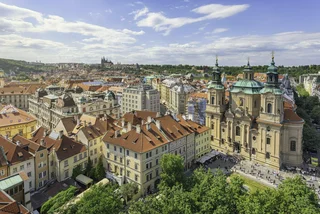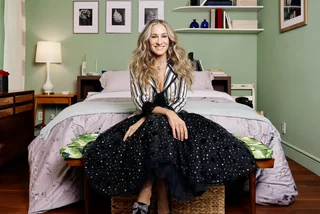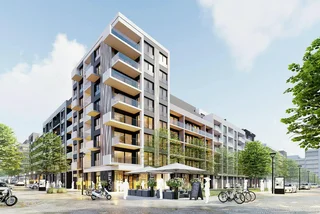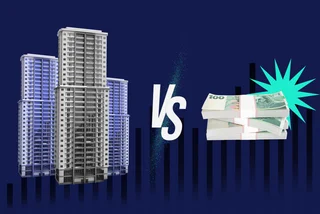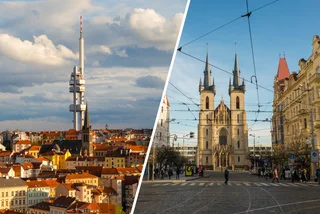Prices for new apartments are growing out of reach for the average buyer in Prague. A new 70-square-meter Prague apartment would cost the buyer their entire annual gross wage for 14.6 years.
The figure is based on an average Prague monthly wage of CZK 42,478 and an average new flat price of CZK 7,438,589 for 70 sqm.
Flat prices have been rising faster than wages. A year ago, a Praguer would have to work 13.8 years, and four years ago it was 10.1 years.
Developers still recommend buying over renting, even with the price increases. Mortgage payments for new apartments for both single people and young families are still more advantageous than renting according to the new semi-annual Housing Availability Index (CG-INDEX), published by developer Central Group.
“Politicians often see the solution to the current affordable housing crisis in strengthening the rental sector. According to Czech Statistical Office data, only 19 percent of people live today in rented accommodations, with about 39 percent living in their own home and 29 percent in their own flat,” said Dušan Kunovský, founder and head of residential developer Central Group.
“But to urge the middle class into a lease that is less advantageous than buying a home with a mortgage does not make economic sense,” he said, adding that owning housing is a good way to provide for old age when the future of state pension policies is unclear.
More people, both young and old, live alone. For a typical 32 sqm 1+kk apartment, a single person would have to pay their entire gross income for seven years. If you take an 80 percent mortgage for an apartment purchase, the monthly installment would be CZK 12,589 a month. For the same flat, a renter would pay CZK 13,520, or CZK 930 per month more.
A couple looking for their first housing usually wants a 2+kk flat with an average area of 55 sqm. The couple would need to spend 5.3 years of both their incomes to buy a 2+kk. For a 3+kk flat a family would spend all their income for seven years. Even with larger apartment layouts, a mortgage is still cheaper than renting, according to Central Group.
Housing availability is worsening due to apartment prices rising faster than incomes. Currently, the price of a new flat in Prague is more than CZK 106,000 per sqm.
Excessive bureaucracy and time-consuming authorization processes are limiting the number of new flats being built, according to Central Group, which keeps the supply much lower than demand. This is a factor pushing up prices. It can take up to 10 years to get all of the permits needed for a new building, despite deadlines intended to speed up the process.
Other experts site the number of flats being bought up for use as short-term housing such as Airbnb, meaning they are not available for long-term housing by people who would want to live there.
Only a large supply of new flats on the market can stop the rapid price increases, according to Central Group.
“New construction is of great economic importance to the state. From every new apartment in Prague the state collects almost CZK 1 million in taxes. With around 5,000 sold apartments last year, that adds up to about CZK 5 billion. And that was only from the flats and only in Prague,” Central Group’s Kunovský said.
He also recommended lowering the value added tax (VAT) rate on the sale of new flats from 15 or 21 percent, depending on the type of flat, to 10 percent. This would lower the sale prices of flats by CZK 300,000 each on average.
The Housing Availability Index uses the average gross wages by age from Ministry of Labor and Social Affairs data and is based on the prices that result from a joint analysis of Central Group, Trigema and Skanska Reality. It reflects the situation directly related to Prague, where the income and housing situation is different than in the rest of the country.












 Reading time: 3 minutes
Reading time: 3 minutes 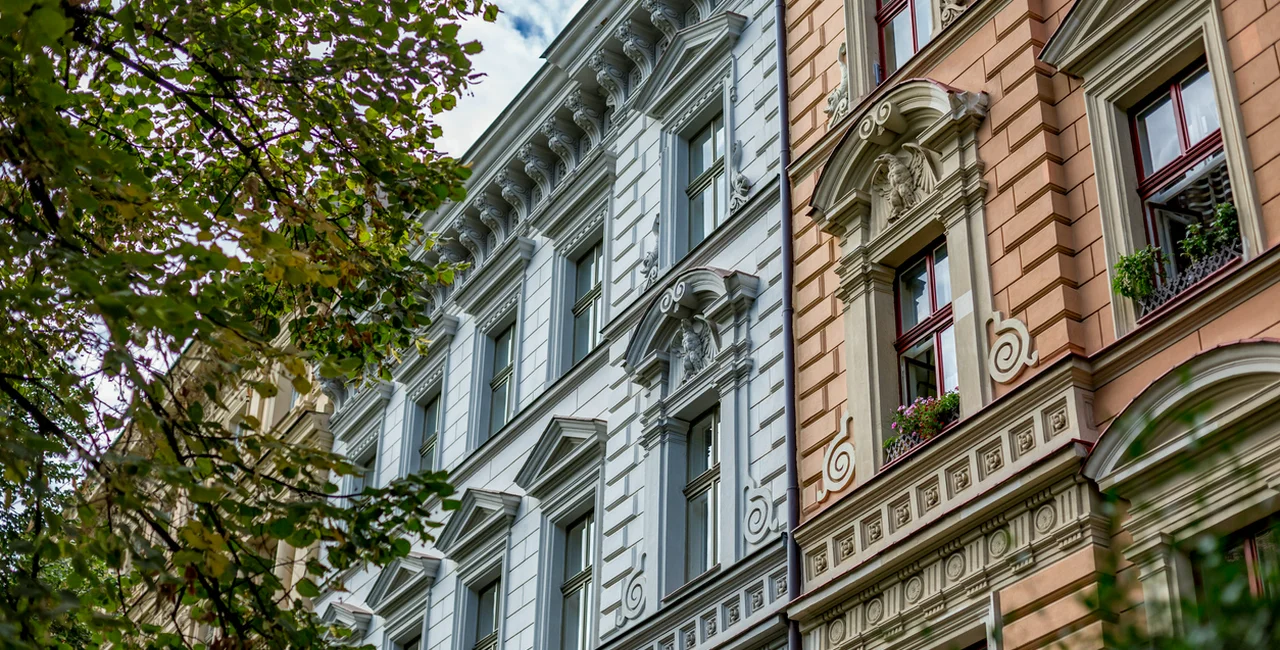


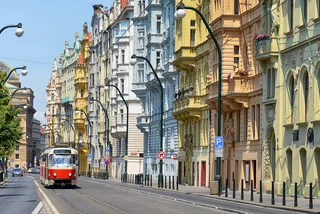
 English
(Proficient)
English
(Proficient)
